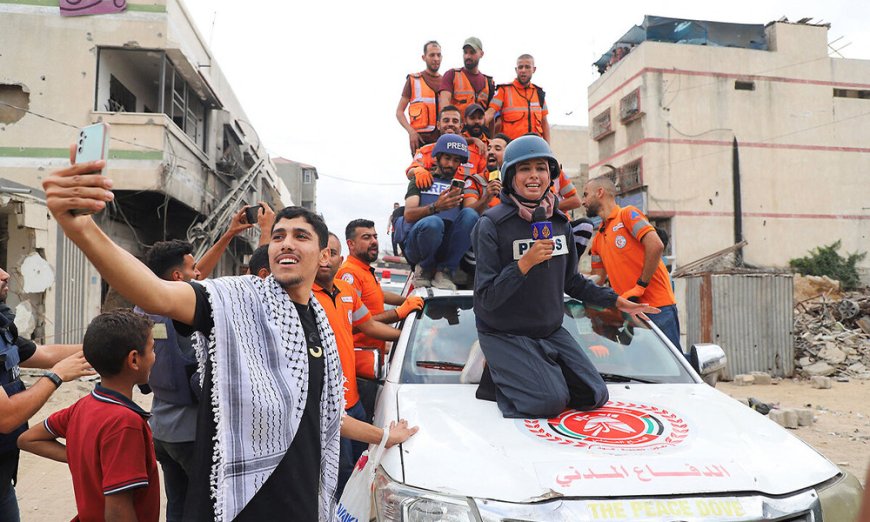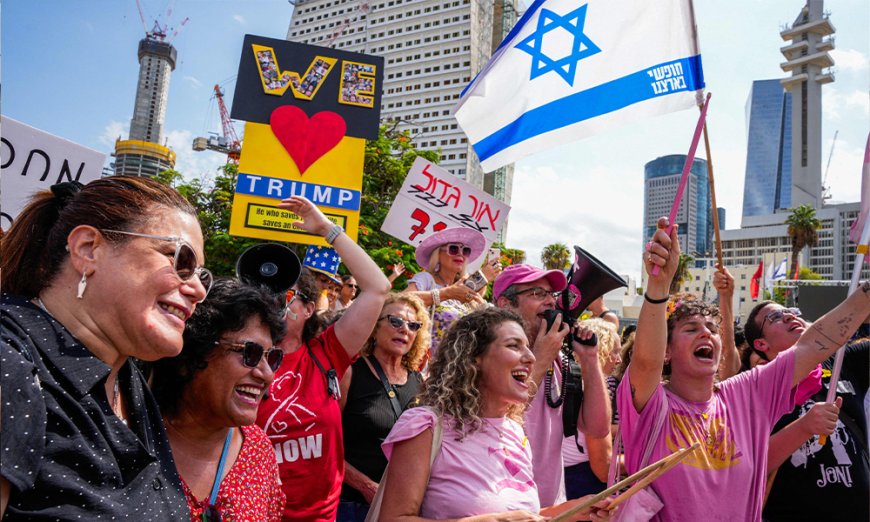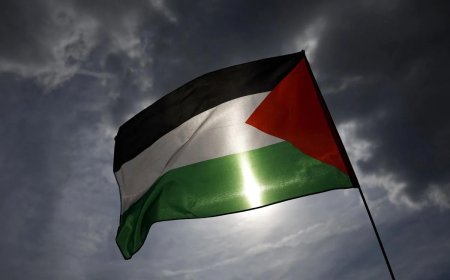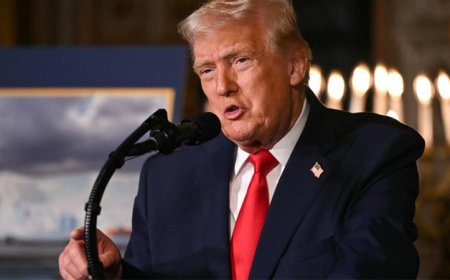Israelis And Palestinians Welcome Gaza Deal With Joy, Relief, And Caution
The Agreement Between Hamas And Israel Was Signed In Egypt Early Thursday, With Mediators From Turkey, Egypt, Qatar, And The United States In Attendance

Relief, joy, and rare hope swept across Israel, the Gaza Strip, and the West Bank on Thursday as Israel and Hamas finalized a hostages-for-prisoners release and ceasefire deal.
The dramatic breakthrough signaled a potential end to a conflict that had reverberated globally and pushed the region to a knife-edge, drawing in combatants from Lebanon, Iran, and Yemen. The sudden prospect of the two-year war ending came almost as unexpectedly as the Oct. 7, 2023, Hamas attack that triggered it, which left some 1,200 people dead and 251 taken hostage.
The attack was followed by a relentless Israeli military campaign that killed tens of thousands of Palestinian civilians, devastated Gaza’s cities, and marked the deadliest chapter in the decades-long Israeli-Palestinian conflict and occupation.
The first phase of the deal—Hamas’ release of the remaining Israeli hostages and a staged Israeli military withdrawal—may not guarantee lasting peace, but for many, it represents a reprieve from physical and emotional suffering.
“I feel like I’m walking on clouds,” said Israeli Dani Miran, whose son Omri, a father of two young daughters, was taken hostage on Oct. 7 and is believed to still be alive in Hamas custody.
Miran stood in Tel Aviv’s Hostages Square Thursday, surrounded by well-wishers offering hugs and congratulations on the agreement. “We will never forget the terrible things that happened. History will be the judge. But I am focused on looking forward to the good things ahead,” he said. “Omri Miran will return, and we will rebuild the country anew.”
In Gaza, displaced, starving, and grieving Palestinians view the deal as tentative relief from an Israeli military offensive widely criticized by international experts as potentially genocidal. According to Gaza health records, Israeli strikes have killed 67,194 people in Gaza, including more than 18,000 children.
“With the ceasefire, I hope my children can return to a sense of normal life. I wish for a home and proper shelter,” said Nimah al-Qutosh, a displaced mother of three from Deir al-Balah whose home in the Maghazi refugee camp was destroyed. “I miss a dignified life. But I will not feel happy until things are real; words and pen on paper are not enough.”
“Able to breathe again”
The agreement was signed in Egypt early Thursday, with mediators from Turkey, Egypt, Qatar, and the United States present, and was ratified by the Israeli Cabinet later that night.
Mediators expect Hamas to release the hostages by Monday, according to U.S. President Donald Trump, who said he plans to visit the region to oversee the deal. Israel also announced that a ceasefire and halt to military operations in Gaza will take effect Friday, 24 hours after the deal’s ratification—the first pause in Israel’s offensive since ending the previous ceasefire in March.

Future, peace uncertain
The deal leaves unresolved critical issues, including Hamas’ disarmament, future governance of Gaza, the creation of an Arab-international security force, reconstruction, and further Israeli withdrawals.
Contentious negotiations over the list of Palestinian prisoners to be released—including the fate of high-profile detainees like Fatah leader Marwan Barghouti—continued late Thursday.
Another major sticking point is the proposed international board to temporarily oversee Gaza’s administration. Disputes include whether Gaza should be administratively separated from the West Bank, a step seen as critical to a unified Palestinian state, and whether governance should be placed under foreign control. Hamas and the Palestinian Authority both reject these measures.
What's Your Reaction?




















































































